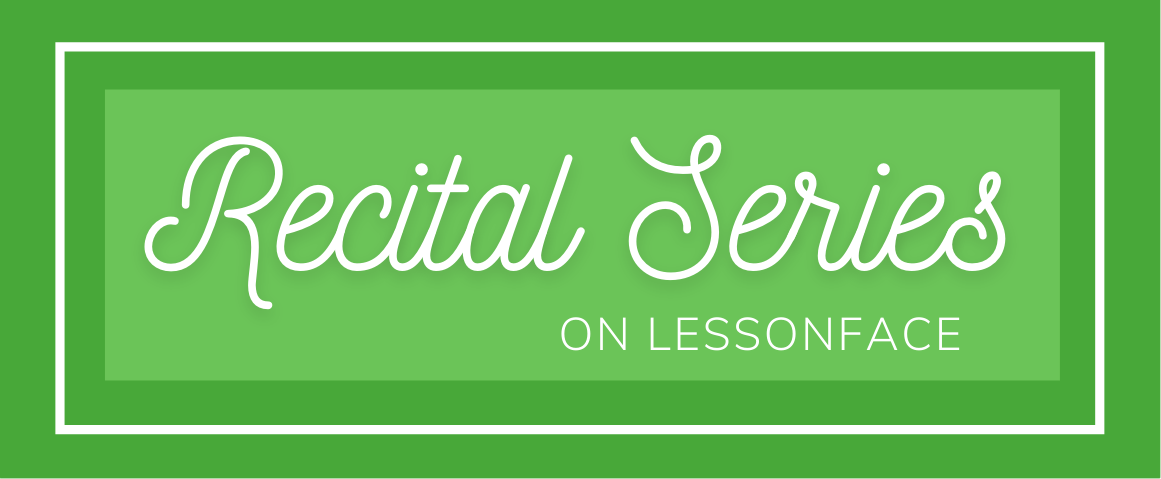Hello everyone, I have been working as a professional guitarist and guitar instructor for the best part of 10 years. During this time I have contributed a number of articles on guitar and music education. I thought I'd start to share them here for the entire community to perhaps benefit from. In this article, I talk about how important it can be to consider your practice/preparation environment when preparing for a performance or an audition.
What do you do? Do any of you have any specific routines or rituals when preparing for a performance or audition?
Performance Preparation: Environment
Undoubtedly in preparation for something there are always factors that you can and can't control, so let's demystify what some of these may be and look at what we can do.
I've mentioned that most people only perform to 70% of their ability (there are of course exceptions to this). It’s, unfortunately, something that naturally happens to us as musicians when we're up there doing our thing. We’ve spent hours working on something, to have a great portion of it stripped from under our feet when we come to perform it. It often feels or sounds different due to the adrenaline we feel at that time as well. So what can we do in advance to ensure that we’re still happy with our performance level when this happens?
One factor that you have control over is your understanding of the environment you’ll be performing in. Seeing and understanding what your physical surroundings are going to be in advance, takes some of the pressure off. For example, in preparation for a theatre job I try to, first of all, find out what the theatre looks like, where I will be and then I can plan out where my equipment will be around me.
A tutor once told me that he sets up his surroundings in his practice environment, the same as it will be when he’s performing. This may seem obvious but I hadn’t thought of it before and so for my first professional theatre job, I deliberately set my acoustic guitar up across the room because I knew that during the show I would be required to walk over and face away from the rest of my equipment and my music! Everything else was where it would be throughout the rest of the performance. However, the actions of having to unplug and replug my in ear monitors at different times, switch between guitars mid-song and follow what’s happening around me, still needed to be practiced as well. So by controlling my practice environment, I removed some of the pressure I felt whilst preparing for the job.
The other understanding of your environment is of the circumstance you’ll be performing in. For example, being sat in a pub watching people play at a blues jam, allows you to understand the circumstance of how informal or not it may be, as well as the ability level of the musicians playing. So if you were to return and play, you now know whether or not you are concerned about what people think of you and your performing ability, because you understand the environment and the ability level of those around you. This is, of course, applicable to bigger and arguably more professional daunting situations.
In summary, the preparation that you do in advance from knowing your performance environment will reduce the pressure of performing and will somewhat reduce the likelihood of you being disappointed with that 70% but this all becomes second nature with the more experience of this you have.
Ben Bullett M. is a professional guitarist, instructor (The Academy of Contemporary Music (UK), Fakanas Art School (Greece) and writer.
[[{"fid":"38623","view_mode":"teaser","fields":{},"type":"media","field_deltas":{"1":{}},"attributes":{"class":"media-element file-teaser","data-delta":"1"}}]]





Hi Ben, thanks so much for sharing all your thoughts!
It's good to read another professional write that it's normal to perform at 70% of our ability. I've never calculated it like that exactly, but I do try to get it across to students that it is really normal that performances are like that. A lot of new performers think that it's 'just them', and there's something wrong with what they're doing. Of course, sometimes improving practice habits and performance mindset can help performances. But to a large extent, we just need to accept that performances will never quite go as perfectly as we like, and that we can learn to thoroughly enjoy them in spite of that. If a listener wanted to hear 'perfection', they'd stay home and listen to a recording, not come to a live performance. It's the energy, excitement, and unpredictable element of a live performance that make it special.